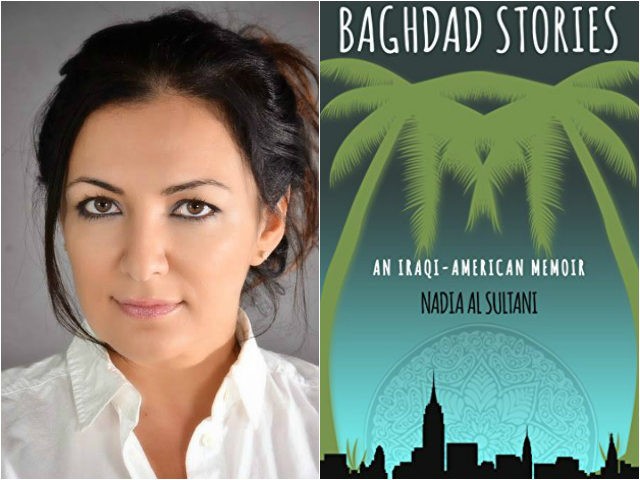Trying to understand the different players and factions fighting in Syria currently is like trying to get through Tolstoy’s War and Peace – though the title aptly refers to the ongoing war, but there is no peace.
Similar to the almost 1,300 pages of what is considered by some to be the best novel ever written, the story in Syria also wanders in and out of subplots and meandering tales that could have been full wars (or books) in their own right, and prove highly frustrating and confusing for the observer (or reader) to understand.
Now in Syria, we have the U.S., Russia, Turkey, Iran, and Syrian Government forces and those opposing it, all intent on fighting a singular enemy, the Islamic State, but with vested interests and divergent ways of going about it.
New entrant Turkey has really shaken things up. As of last week, Turkey sent in tanks into Syria in pursuit of the Kurds, who they view are getting too close for comfort – these are the same Kurds trained and supported by the United States as a known and tested entity in an otherwise chaotic mix of shifting alliances and new groups. The U.S. support of the Kurds had always been an issue for Turkey, which clearly communicated its concerns to Washington years ago that if the Kurds were to start their ancestral quest for land or recognition, Turkey would not be supportive of that. It has thus not really been supportive of the U.S.’s role in the conflict. So in keeping true to their larger goal of stopping the Kurds from seizing any opportunities for a land grab along the Turkish Syrian border, they sent in their own military to push the Kurds to the other side of the Euphrates River and keep them moving.
The immediate and clear problem for Washington is they can’t engage in any real or lasting solution to Syria without Turkey’s support. The US needs Ankara’s blessing for resupply lines to their special forces and allied rebels and to keep hosting the US bases that are used to launch anti-ISIS strikes.
So now the U.S. is in a precarious position, trying to maintain some sort of balance between the Kurds and the Turks, which can’t be sustained for long. The Syrian Kurds don’t have the manpower to take on the full might of the Turkish military, while the Kurds wouldn’t want to go against their American backers to the point where Washington is forced to abandon them in an attempt to save its fragile relationship with Turkey. There is one solution here, as US policy in Syria would be at a total loss without Turkish support.
Add to this mix the fact that the Obama administration can’t get the Russians to agree to a plan to topple or even transition Assad out – a concession that is a far cry from promising to go after the dictator when years ago gassed his own people and crossed the red line set for him – and you have a messy way forward for all involved.
On Syria, this administration has all along been pretending to make some gains with disjointed and dispirited efforts that have been contradictory at times and at odds at others. Refusing to take a leading or primary role like it needed to going back to the start of this conflict five years ago, the best thing for the US to do is leave the fight to the regional emerging players who have more of a stake and have been increasingly stepping forward.
The recent Turkish intervention continues to highlight a stark reality in Syria: each party is fighting its own war with goals that are not compatible, even with those of their allies – making any claims that there might be a solution to the increasingly opaque and endlessly destructive conflict further and further from reality.
Nadia Al Sultani, an international development professional having worked in Iraq, Afghanistan, Syria, and now Pakistan. She is the author of Baghdad Stories: An Iraqi-American Memoir. Al Sultani, an Iraqi-American, holds an MA in International Economics and spent several years working in international banking on Wall Street before beginning her career in public service.

COMMENTS
Please let us know if you're having issues with commenting.